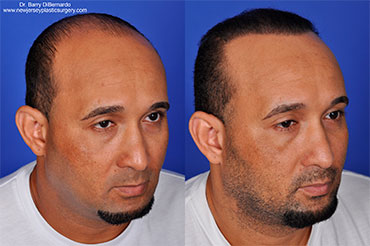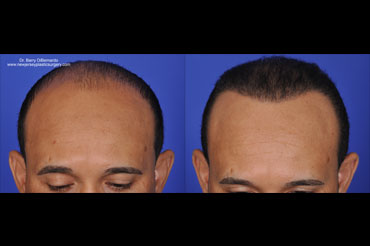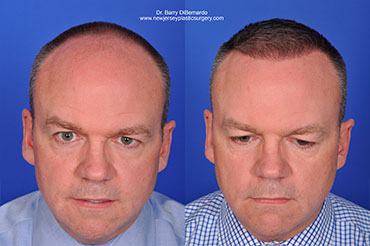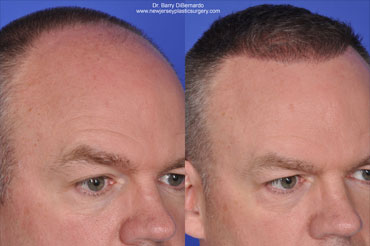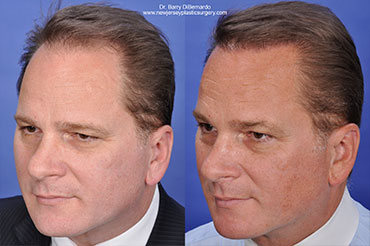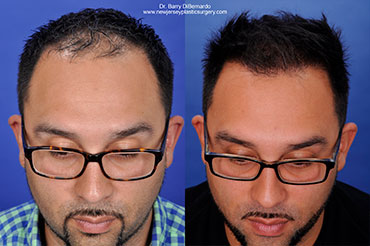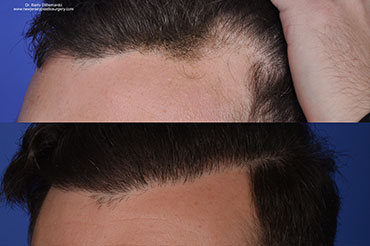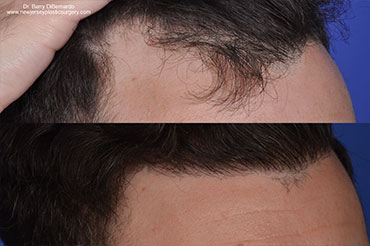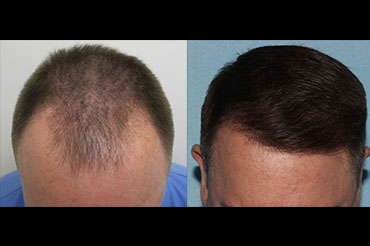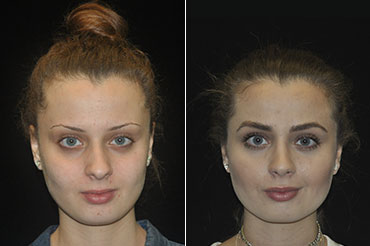Zoom Dysmorphia
Posted in General
Published on March 17, 2021

There is a familiar adage and general rule of thumb that when it comes to photography and videography, the camera adds ten pounds. In the last five years, social media platforms have made it easier to accept our twisted realities with the introduction of filters and distorting our self-image with more attractive versions of who we want to be, rather than accurate reflections of our truth. From popular social media apps like SnapChat, Facebook, and TikTok, a click of a button allows us to soften our features, put a sparkle in our eyes, or thin our appearance. The majority of users are aware of this game of smoke and mirrors and willing participants in the illusion. The pandemic, however, changed the way we communicate with one another.
COVID-19 caused a massive shift in virtual living and we began to branch out from our familiar applications to alternate communication platforms, like Zoom, that offers fewer, less flattering, filters to appease our egos. With video-conferencing now a primary means of communication for work and social events and individuals spending more time scrutinizing distorted self-images on screen, cosmetic and hair restoration consultations have skyrocketed in the last year.

Coined by the International Journal of Women’s Dermatology, Zoom Dysmorphia is a form of Body Dysmorphia Disorder (BDD), an anxiety disorder characterized by one’s obsessive idea that their appearance is flawed. Zoom Dysmorphia is credited a 50% increase in cosmetic consultations last year. BDD affects as many as one in 50 people, and this number is on the rise as we come off of a year of video conferencing as the primary means of communication with the outside world. Vogue.com interviewee Ben Buchanan, a psychologist and body-dysmorphia expert, explained that “in recent decades, body-image dissatisfaction in general, and by extension extreme body-image disturbances like BDD, have been increasing.” Prior to the pandemic, the lens from which we viewed ourselves was dependent on the reactions of those with whom we were communicating. The constant playback of our own facial features on video, as a result of the communication shift, created a psychological hyper fixation on our personal features. Of those seeking treatment in the last year, The International Journal of Women’s Dermatology, reports that 86% of patients referenced the virtual shift in communication as their motivation for seeking cosmetic surgery, including hair restoration.
From frown lines to hair lines, jaw lines, the neck, the eyebrows, and even the earlobes–no body part from the neck up is safe from our COVID era self-scrutinization. The constant self-examination, combined with a year of isolation and news media constantly reporting of the global health and political crisis, created a perfect storm that meddled with our self-image and our mental health. An analysis of dermatologic conditions in the era of COVID-19 used Google trends to identify the dermatologic interests of the public during the COVID-19 pandemic. The research (Kutlu, 2020) found “acne” and “hair loss” to be the most prevalent searches during the pandemic of dermatologic conditions. These results correlated with psychological concerns weighing heavily on quarantined individuals. Numerous external factors played a role in the study results, including acne related mask occlusion and telogen effluvium, or shock loss, as a result of contracting the COVID-19 infection. According to the American Society of Plastic Surgeons hair transplantation ranks as the top five requested procedures among men, and that number is on the rise as a result of the pandemic.
For physicians seeking to add hair restoration to their practice, finding a company that takes a global approach to hair loss is significant and ultimately determines the success of integration of hair restoration in one’s practice. As each individual case differs in the approach to treating hair loss, Vision Medical supports a multi-tiered approach to addressing hair loss concerns, from supplements to surgery, and is a GHLS recognized Select Technology as a company doing things right in the field of hair restoration. Join SmartGraft physician and LOCKrx Medical Advisory Board Members, Dr. Anna Petropoulos as she discusses zoom dysmorphia and the uprise in hair restoration consultations during the pandemic as well the successful integration of a comprehensive hair restoration program into her practice. Dr. Petropoulos will discuss clinical insight, provide tips and recommendations for overall market opportunities, and marketing ideal patient candidates. To register for the webinar, click here. Spaces fill quickly. Call today to register for one of the workshops in your area at +1-610-680-7676 or email us at RSVP@smartgraft.com - you can also register on the web by visiting our website www.SmartGraft.com and click on the Events page.


